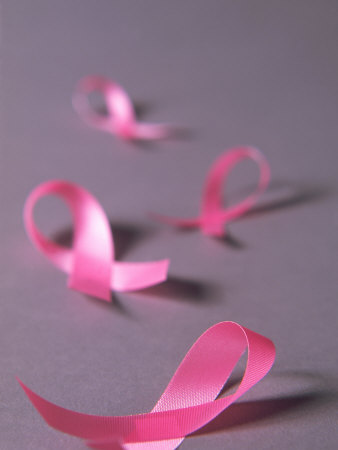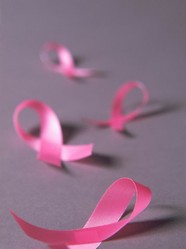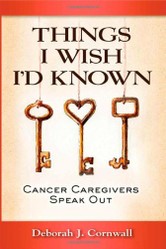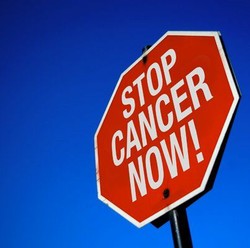Breast cancer research estimates 230,480 new cases of breast cancer cases occurred in the United States during 2011 with an additional 2,140 cases diagnosed in men. The American Cancer Society reported 192,370 cases of invasive breast cancer in 2009. It is the most common form of cancer (other than skin cancer) among women in the United States. The survival rate of those having breast cancer is about 1 in 35, much improved over recent years due to early treatment. The American Cancer Society estimates there to be more than 2.5 million breast cancer survivors in the United States alone.
Many patients will experience the lifesaving procedure of a mastectomy. Today we’ll explore what to expect when recovering from breast cancer and a mastectomy. Follow this step by step guide to the care and needs of a breast cancer patient to better recover and regain health comfortably.



 Challenges are met on a daily basis as you realize the level of pain and difficulties you now face. Doing what once came easy and without thought or concentration can be overwhelming. This page will provide you with a list of instructions tips and real life experiences gained by the recovery of patients just like you or your loved one. The recovering patient will need help, the key is not to ask what you can do yet learn what their needs will be and meet those needs without asking. The recovery is a new road for everyone involved. The preparation and planning is paramount.
Challenges are met on a daily basis as you realize the level of pain and difficulties you now face. Doing what once came easy and without thought or concentration can be overwhelming. This page will provide you with a list of instructions tips and real life experiences gained by the recovery of patients just like you or your loved one. The recovering patient will need help, the key is not to ask what you can do yet learn what their needs will be and meet those needs without asking. The recovery is a new road for everyone involved. The preparation and planning is paramount.








 3 Best Blue Lotus Oils And Benefits That Wow Youon 06/03/2024
3 Best Blue Lotus Oils And Benefits That Wow Youon 06/03/2024
 How To Set Up Your Work From Home Income Generating Systemon 06/03/2024
How To Set Up Your Work From Home Income Generating Systemon 06/03/2024
 Unlock Your Financial Freedom: Essential Tools for Starting a Home-Based Businesson 06/03/2024
Unlock Your Financial Freedom: Essential Tools for Starting a Home-Based Businesson 06/03/2024
 Collaborative Blogging: Maximizing Earning Potential Through Affiliate Partnershipson 12/08/2023
Collaborative Blogging: Maximizing Earning Potential Through Affiliate Partnershipson 12/08/2023



Share your experiences with recovery after breast cancer surgery
Jamie, Glad to help
WOW what an amazing resource for anyone facing breast cancer.